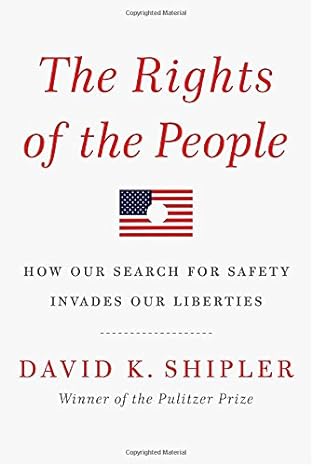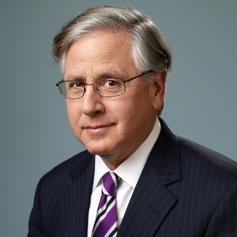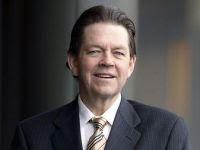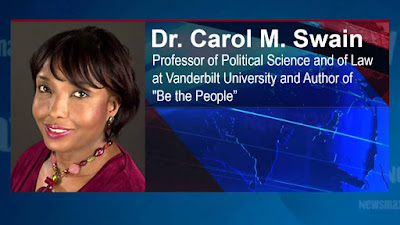Samuel Adams: A Life by Ira Stoll

The "Forgotten" Founding Father Samuel Adams (1722-1803) George Washington. Thomas Jefferson. Benjamin Franklin. John Adams. All there at the founding of our country. All recognized for their unique contributions to the revolution. Author Gary Wills noted that Adams was "the most influential man at the first two Congresses." He was on the committees of correspondence that tied the colonies together in the first place and no one was on more committees in the Continental Congress. It is easily argued that Samuel Adams had as great a role, if not greater than any other member of the Congress. He had such an integral part to play that a local newspaper noted in his obituary that "to give his history at full length, would be to to give an history of the American Revolution." In Samuel Adams: A Life, Ira Stoll tells the story of Samuel Adams. Called by some the Last of the Puritans for his strong religious faith and willingness to express it openly, A...













